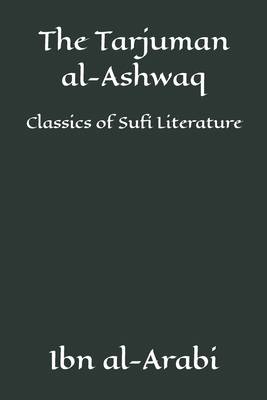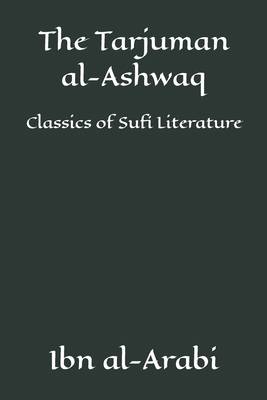
- Retrait gratuit dans votre magasin Club
- 7.000.000 titres dans notre catalogue
- Payer en toute sécurité
- Toujours un magasin près de chez vous
- Retrait gratuit dans votre magasin Club
- 7.000.0000 titres dans notre catalogue
- Payer en toute sécurité
- Toujours un magasin près de chez vous
Description
Whatever view may be taken of the respective merits of Arabic and Persian poetry, I think it will generally be allowed by those familiar with the mystical literature of both nations that the Arabs excel in prose rather than in verse, while the Persian prose-writers on this subject cannot be compared with the poets. Faridu'ddin 'Attar, Jalalu'ddin Rumi, Hafiz, and Jami - to mention only a few of the great Persian poets whose works, translated into various languages, have introduced the religious philosophy of Sufism to a rapidly widening circle of European culture - are as much superior to their Arab rivals, including even the admirable Ibn al-Farid, as the Futuhat al-Makkiyya and the Fusus al-Hikam are superior to similar treatises in Persian. The Tarjuman al-Ashwaq is no exception to this rule. The obscurity of its style and the strangeness of its imagery will satisfy those austere spirits for whom literature provides a refined and arduous form of intellectual exercise, but the sphere in which the author moves is too abstract and remote from common experience to give pleasure to others who do not share his visionary temper or have not themselves drawn inspiration from the same order of ideas. Nevertheless, the work of such a bold and subtle genius deserves, at any rate, to be studied, and students will find, as a reward for their labour, many noble and striking thoughts and some passages of real beauty. The following lines are often quoted. They express the Sufi doctrine that all ways lead to the One God. 'My heart has become capable of every form; it is a pasture for gazelles and a convent for Christian monks, and a temple for idols and the pilgrim's Ka'ba and the tables of the Tora and the book of the Koran. I follow the religion of Love: whatever way Love's camels take, that is my religion and my faith.' The present edition was designed in the first instance for the Journal of the Royal Asiatic Society, and is now published in its original shape. I will not repeat or expand what I have said in my brief introduction concerning the date of composition, the different recensions of the text, the method of interpretation, and the general character of these remarkable odes, but it may be useful to indicate in a few words some of the principal theories which are shadowed forth symbolically in the text and revealed more explicitly in the author's commentary. Although the Tarjuman al-Ashwaq affords material for an essay on Ibn al-'Arabi's theosophy, I feel, speaking for myself, that further study of his works is necessary before such a task can be attempted with advantage. Much valuable information is contained in a treatise on Monism by Ali b. Sultan Muhammad al-Qari al-Harawi - a polemic directed against Ibn al-'Arabi and his followers who held that all Being is essentially one with God, notwithstanding its apparent diversity. This pamphlet was written in answer to a champion of Ibn al-'Arabi, who had collected under twenty-four heads various passages in the Futuhat and the Fusus to which objection was taken by orthodox theologians, and had endeavoured to justify the author against his critics. 'Ali al-Qari regards Ibn al-'Arabi as a dangerous infidel and gives him no quarter. Of course the offending passages admit of more than one interpretation, and the author would doubtless have repudiated the construction put upon them by theologians. Their pantheistic import, however, cannot be explained away. I have classified the following examples for the sake of convenience and have added a few references to the commentary on the Tarjuman. - This is a new edition of the first old edition published in 1911, and traslated by Reynold A. Nicholson (1868-1945).
Spécifications
Parties prenantes
- Auteur(s) :
- Editeur:
Contenu
- Nombre de pages :
- 144
- Langue:
- Anglais
- Collection :
- Tome:
- n° 62
Caractéristiques
- EAN:
- 9798606444809
- Date de parution :
- 30-01-20
- Format:
- Livre broché
- Format numérique:
- Trade paperback (VS)
- Dimensions :
- 152 mm x 229 mm
- Poids :
- 222 g

Les avis
Nous publions uniquement les avis qui respectent les conditions requises. Consultez nos conditions pour les avis.






